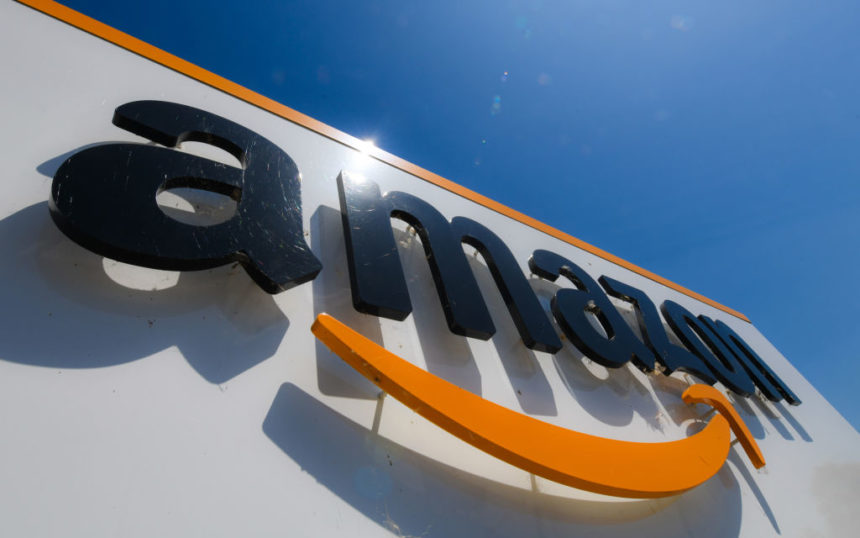Amid its ambitious plans to expand in the healthcare space, Amazon is planning to shut down Amazon Care by the end of 2022.
In the three years since Amazon Care launched, the company came across several obstacles that made it clear it wouldn’t be a long-term solution, Amazon Health Services SVP Neil Lindsay told employees in an internal email Wednesday.
“During that time, we’ve gathered and listened to extensive feedback from our enterprise customers and their employees, and evolved the service to continuously improve the experience for customers,” Lindsay wrote. “However, despite these efforts, we’ve determined that Amazon Care isn’t the right long-term solution for our enterprise customers.”
Lindsay added that the service is “not a complete enough offering for the large enterprise customers we have been targeting.”
For some, it’s not entirely a surprise: Amazon banking entirely on telehealth was likely to be an unsustainable proposition, according to Christine Slocumb, President of Clarity Quest Marketing.
“In the telehealth space, we’re starting to see post-COVID that people missed those in-person interactions with their clinicians,” Slocumb explained. “If you look at what Amazon was trying to do in offering this telehealth service to employers and employer plans, it’s not enough.”
In 2019, Amazon initially launched a pilot program to provide virtual urgent care and primary care for its employees in the Seattle area. The program then expanded to providing telehealth services in 50 states, and even began offering in-person care in several cities.
Amazon Care’s main trajectory was focused on telehealth, without the traditional brick-and-mortar health system model, where patients go to a hospital or clinic for in-person care.
Amazon sought to expand Amazon Care even as Haven Healthcare — its ambitious, collaborative experiment with Berkshire Hathaway and JPMorgan Chase that aimed to ‘disrupt healthcare’ — was shuttered in February 2021. The move came as more tech companies, including Apple and Google, were seeking to expand into the healthcare space.
Still, the folding of Amazon Care isn’t necessarily indicative of tech failing to grasp healthcare, according Danish Nagda, founder and CEO of Rezilient Health, a hybrid primary care platform.
“People are trying to conflate Amazon Care shutting down with Amazon’s healthcare pursuits shutting down, and that is just not the case,” Nagda said. “A more honest representation would be that Amazon is saying, ‘Telehealth has never lived up to what the expectations of our customers was.’”
The shutdown is a signal that Amazon may be pivoting towards more in-person care in addition to telehealth – what Nagda deems the hybrid model of the future. That’s also evident given Amazon’s recent plan to acquire One Medical, a primary care company that also offers hybrid services, for $3.9 billion.
“Shutting down Amazon Care is essentially them saying, ‘We’re going to take the assets that we have in Amazon Care – which is the tech and infrastructure – and then we’re going to bring the provider group that we have in One Medical and that physical brick and mortar, and bring it all together.’”
Hybrid care today, Nagda said, is “where telehealth was ten years ago.”
“This is not Big Tech failing — this is Big Tech evolving,” Nagda added.
Slocumb said she expects that Amazon will plan more acquisitions in the future to capitalize on the new hybrid direction of healthcare, starting with its One Medical deal if it goes through. She pinpointed online pharmacy services as an area Amazon may be quite successful in, especially since the company purchased PillPack in 2018.
“I think we’re going to see a lot more M&A from Amazon moving forward,” Slocumb said. “It’s likely going to be buy versus build, because trying to understand that [in-person health services] world, when you are coming from a completely different world of tech, is just night and day.”
The email from Lindsay to Amazon Care and Care Medical employees did not mention whether there would be layoffs, though it did note the company will help employees transition to other parts of Amazon’s Health Services.







